If You Notice These 11 Things In Someone's House, They're Likely In Some Sort Of Financial Distress
Their money stress takes up more than just their emotional bandwidth.
 ViDI Studio | Shutterstock
ViDI Studio | Shutterstock Of course, the mere act of saving and purchasing a home is often impossible for many people living in financial distress to imagine, with 96% of Americans arguing that they've faced significant financial barriers to homeownership, according to Raisin's 2025 State of Homebuying Report. However, for those who have been able to afford a home or move into one, financial stress and uncertainty may have followed them inside the walls.
From struggling to furnish their home to dealing with unexpected home repairs, if you notice these things in someone's house, they're likely in some sort of financial distress. With nearly 70% of Americans living paycheck to paycheck, unexpected expenses and the costs of owning a home are some of the many struggles they face consistently.
If you notice these 11 things in someone's house, they're likely in some sort of financial distress
1. Unfinished projects or broken appliances
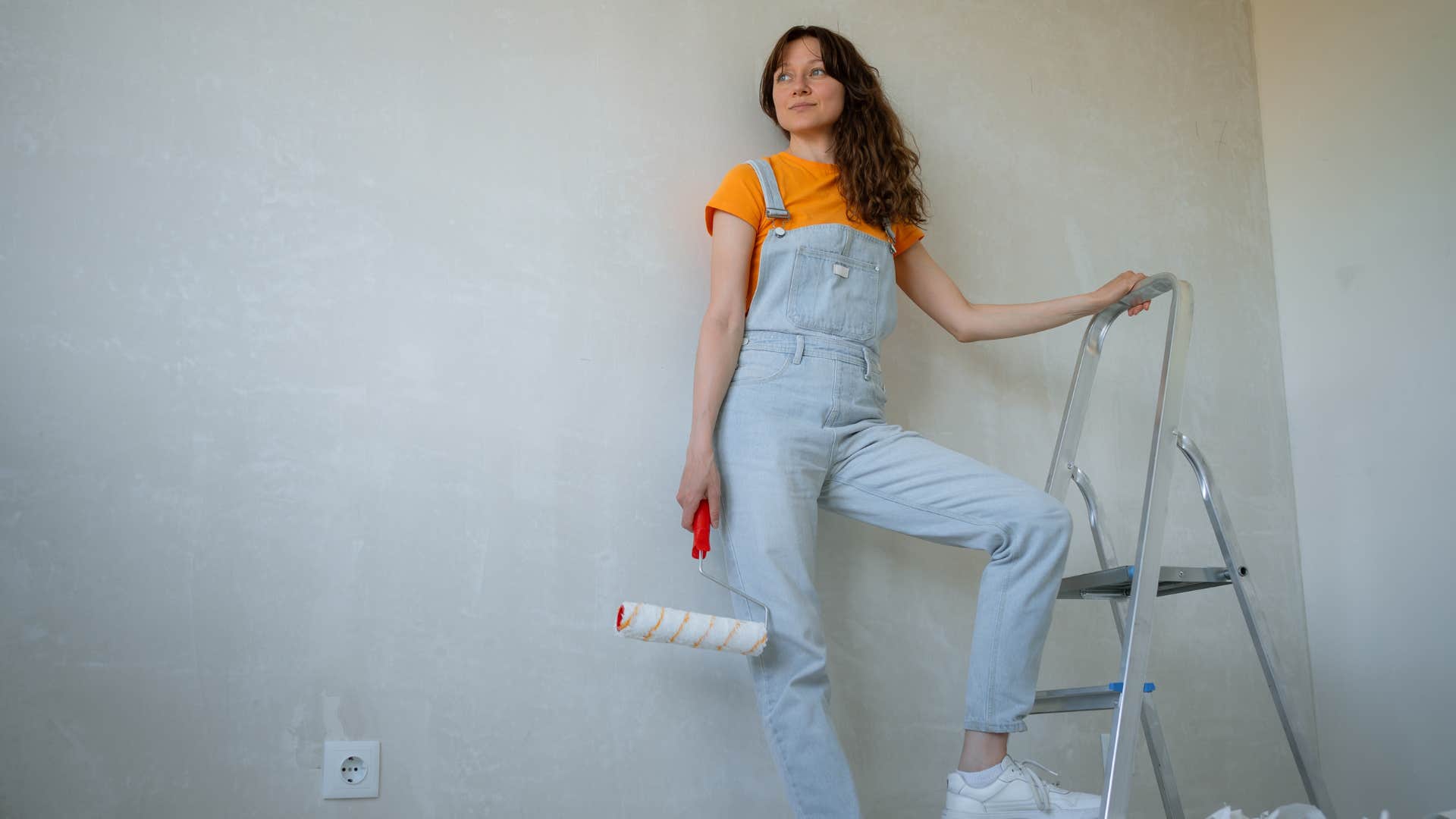 ShishkinStudio | Shutterstock
ShishkinStudio | Shutterstock
According to a study from the Harvard Joint Center for Housing Studies, home repairs and unexpected projects, from a plumbing issue to a surface-level aesthetic problem, are almost completely out of reach for low-income Americans. They're struggling to afford rent, mortgage, and other basic necessities, so of course they don't have the income to fix things when they break or to renovate their homes.
So, if you notice things like an unfinished project or a broken appliance in someone's house, they're likely in some sort of financial distress, where they don't have the savings, time, or income to invest in fixing them.
2. Rooms without much furniture
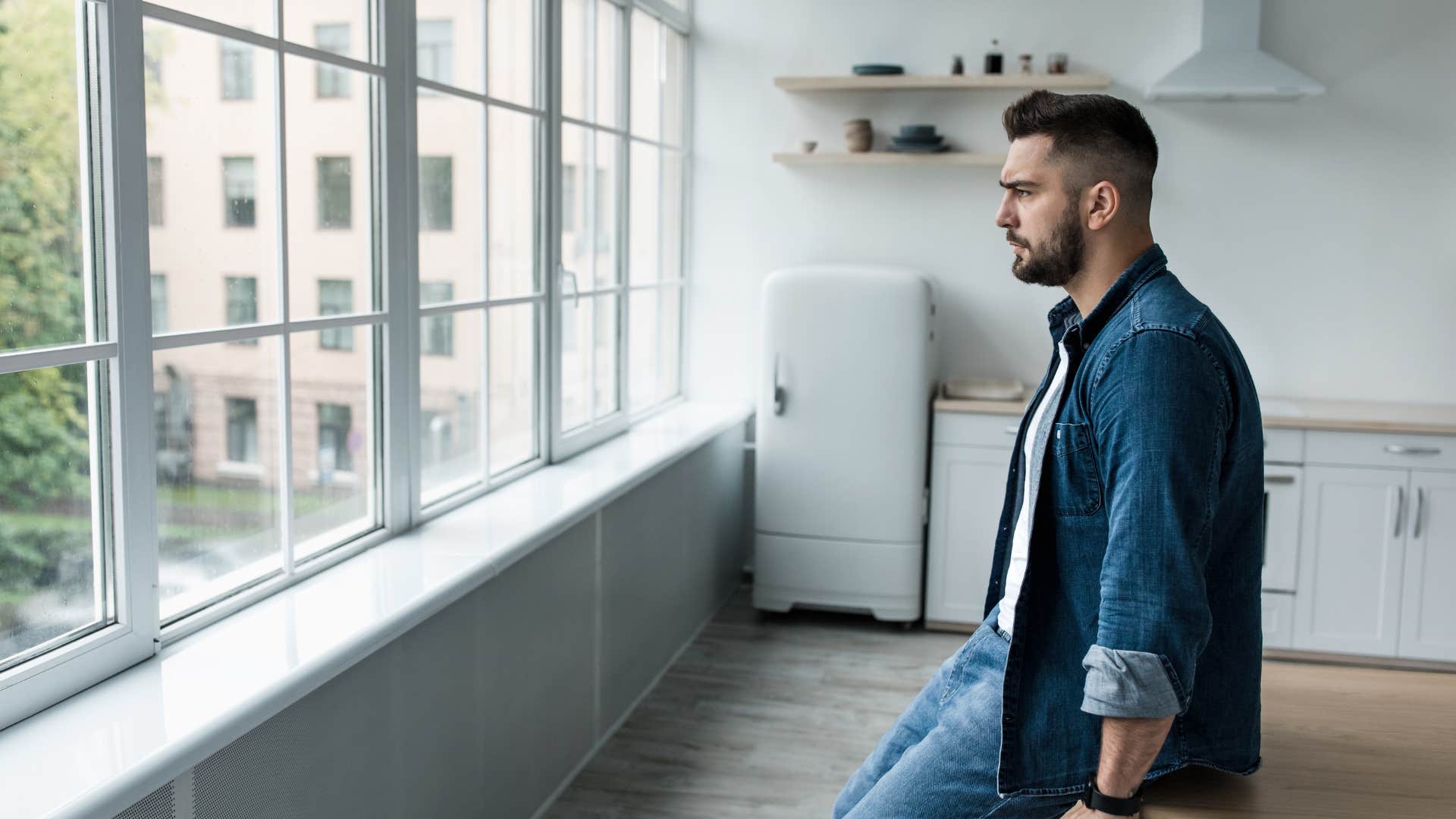 Prostock-studio | Shutterstock
Prostock-studio | Shutterstock
People who have the money or support to furnish their homes often feel less isolated and alone because they're comfortable inviting people into their space and don't grapple with the internalized shame of financial struggle every time they come home. They have people over and have space to unwind comfortably in their living space at home.
However, people who are already struggling with basic necessities after buying a home or moving into a rental may live without much furniture, unable to afford furnishing for every room all at once.
3. A thermostat that's always too high or low
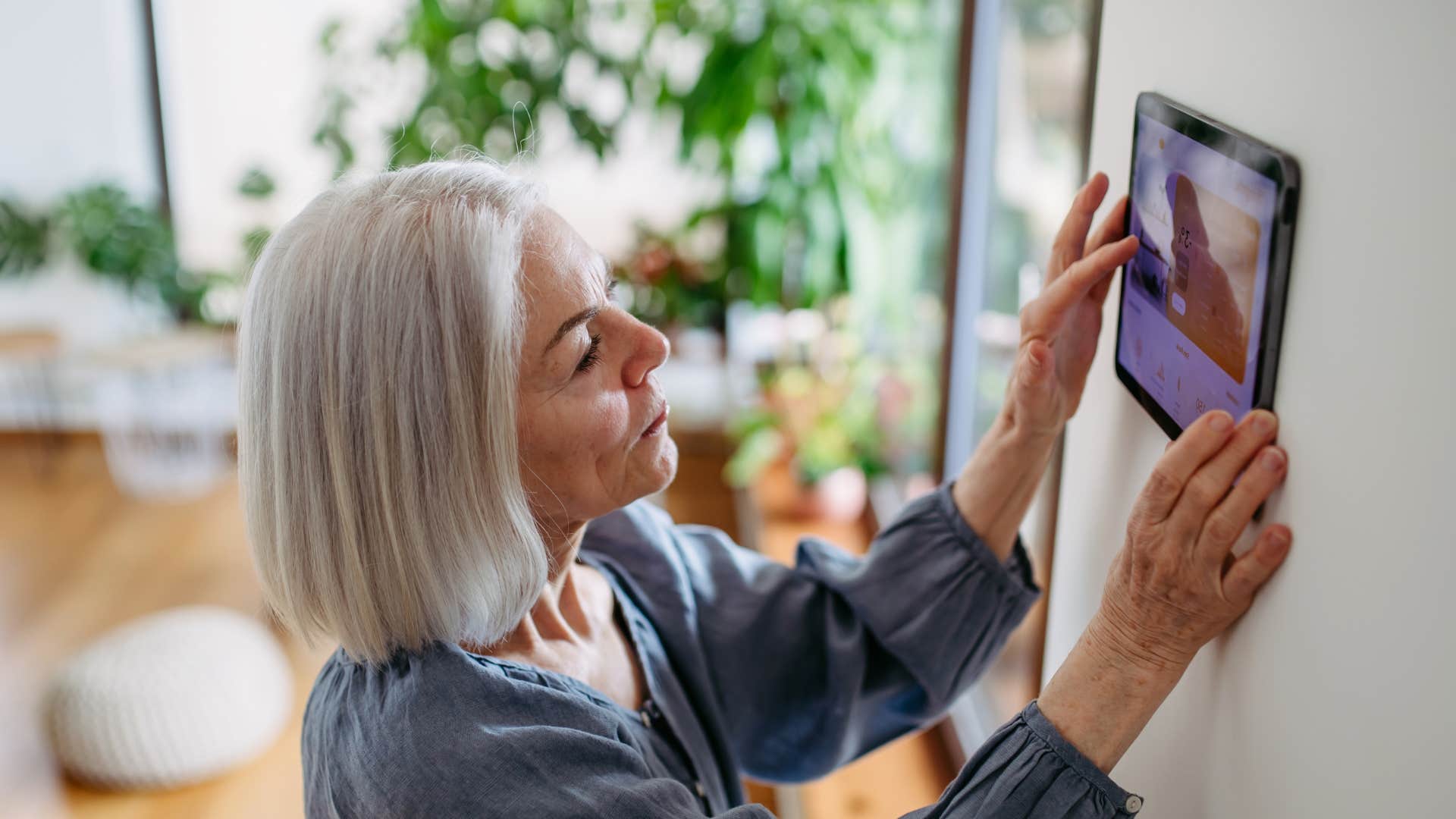 Halfpoint | Shutterstock
Halfpoint | Shutterstock
If someone is trying to save a few dollars every month on their energy bills to make ends meet, chances are you'll immediately notice the thermostat or temperature when you walk into their home. It's always way too cold in the winter months and unreasonably hot in the summer, but it's an intentional choice they're making to save money.
Of course, according to a study from the Journal of Environmental Psychology, this personal intentionality about energy usage and tangible action actually ensures they'll save money, but that doesn't mean guests and visitors aren't immediately noticing how cold or warm it is inside the home.
4. Burnt-out light bulbs
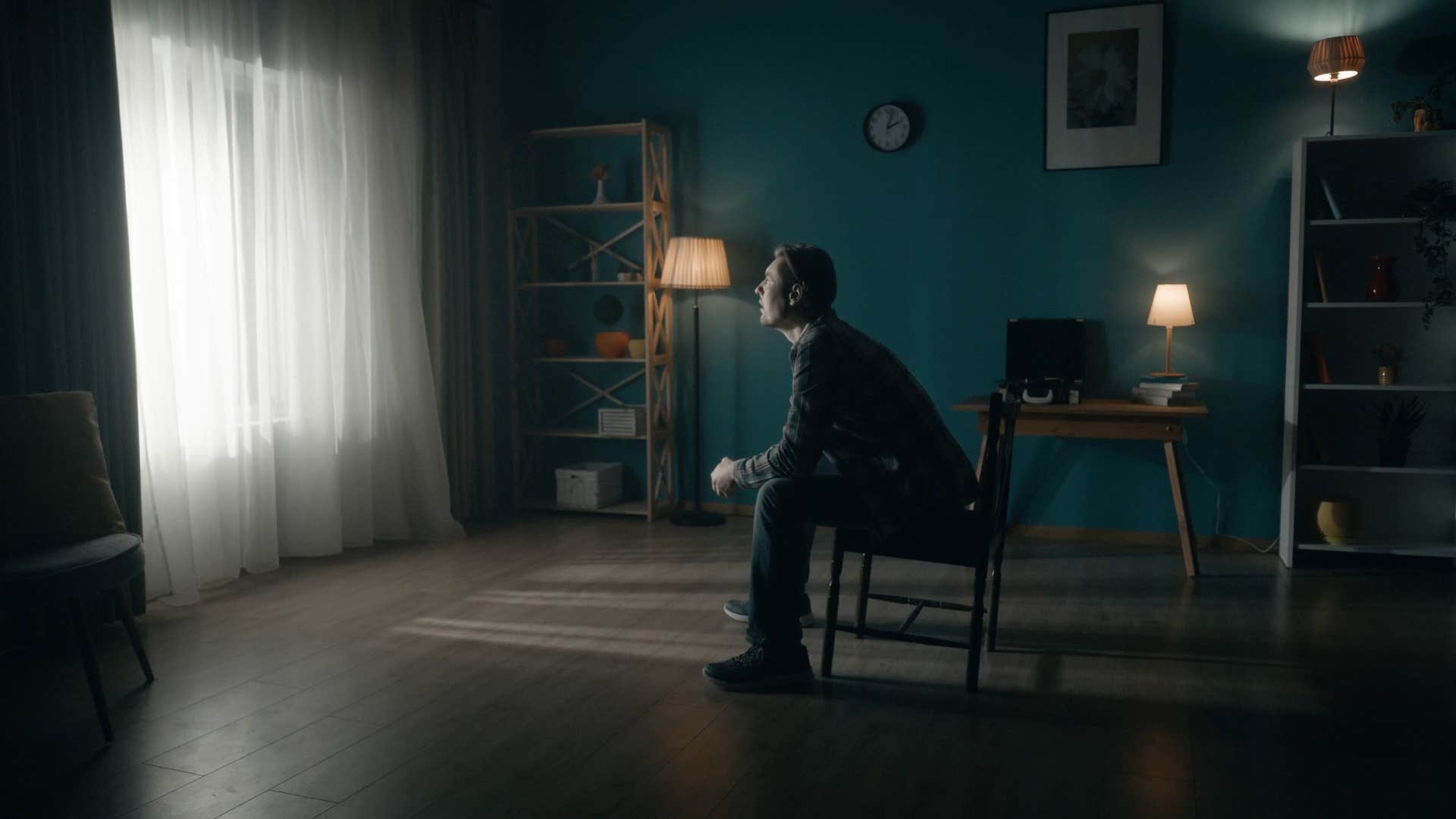 KinoMasterskaya | Shutterstock
KinoMasterskaya | Shutterstock
When someone's living paycheck to paycheck — or worse, doesn't even have the money to afford paying all their bills every month — chances are that seemingly unnecessary things like changing a lightbulb are at the bottom of their to-do list.
They're trying to afford paying rent or catching up on groceries, so of course they're going to push off things like changing a light bulb until it's impossible to ignore or every light burns out completely. It's often these small things that a homeowner can overlook for the sake of financial issues, but that guests immediately notice when they come over.
5. Piles of unopened mail
 Rocketclips, Inc. | Shutterstock
Rocketclips, Inc. | Shutterstock
If someone is actively in the trenches of financial distress or trying to avoid any extra stress, they may subconsciously or actively avoid opening their mail out of fear. They don't want to face the bombardment of bills they haven't paid or warnings about the state of their finances, so they keep all their mail in an unopened pile in some corner of their home.
If you notice these things in someone's home, they're likely in some sort of financial distress, or at least suffering from some kind of mental health or stress-related issue that's making it hard for them to address the mail entirely.
6. DIY decor
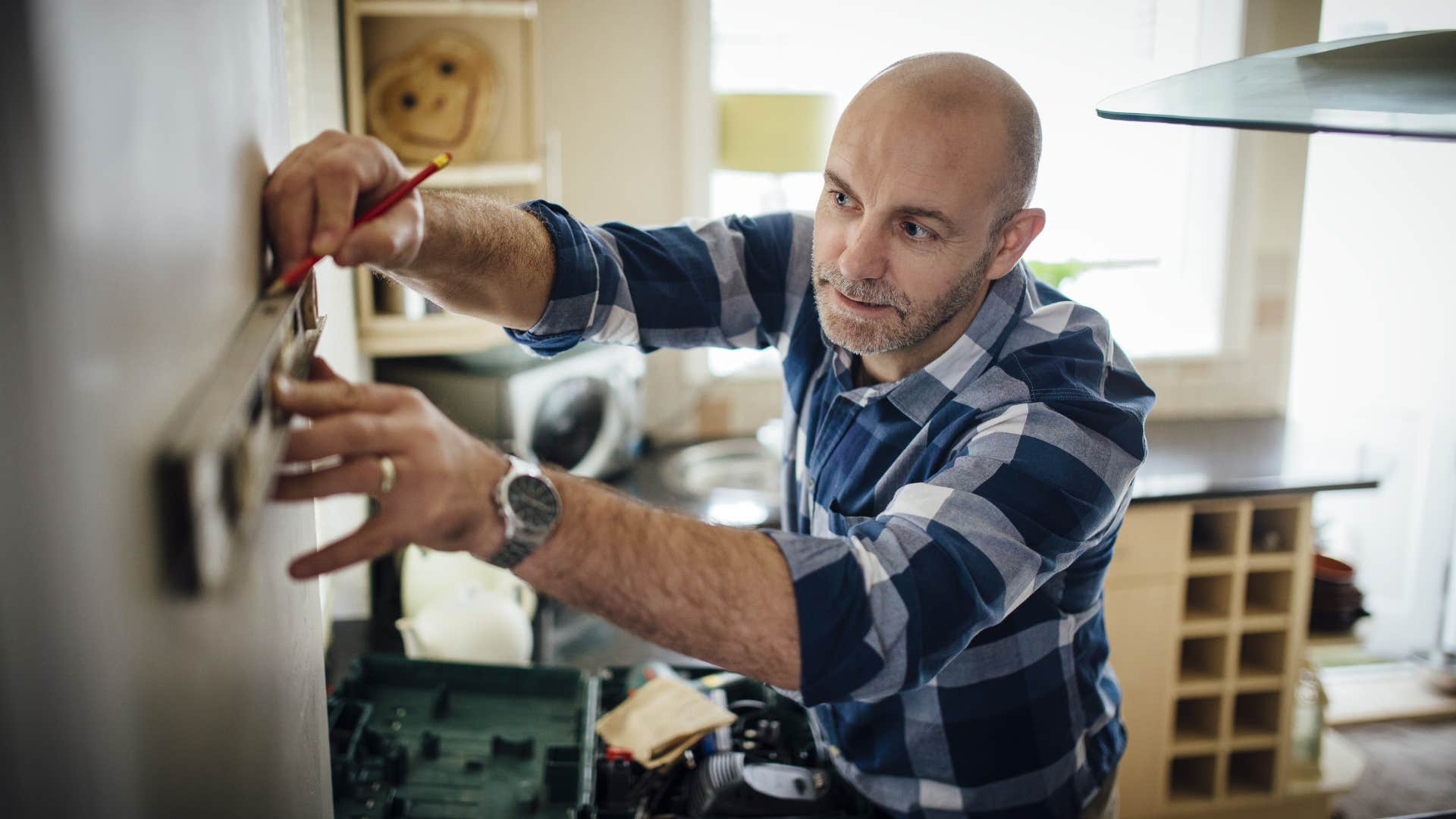 DGLimages | Shutterstock
DGLimages | Shutterstock
Whether it's sheets hung up as curtains or handmade home decor, if you notice these things in someone's house, they're likely in some sort of financial distress. Of course, many people enjoy being crafty and making things that feel personal to put in their home, but it could just as easily be a sign that someone can't afford basic home decor, whether it's curtains or lamps.
Alongside the psychological strain and stress that comes with financial worries, like a study from the Journal of Family and Economic Issues explains, it may be hard for these individuals to work up the energy or find the time to DIY at all. So, it's also just as probable that their lack of decor is just as telling.
7. An empty fridge
 ShotPrime Studio | Shutterstock
ShotPrime Studio | Shutterstock
More and more people than ever are being pushed into food-insecure positions at home, often due to rising prices, inflation, and financial distress. Whether it's struggling with access to grocery stores or being unable to afford groceries alongside other monthly bills, if you notice someone has an empty fridge at home or bare minimum options to feed themselves in the pantry, they're likely in some sort of financial distress.
According to a Swiftly study, more than 70% of Americans are still struggling with food affordability and buying groceries regularly. So, no — this isn't a stereotype or an issue based in fiction, it's the reality of millions of Americans struggling to put food on the table for their families.
8. Shared bedrooms
 Pixel-Shot | Shutterstock
Pixel-Shot | Shutterstock
There are millions of nuances behind the issue of space for low-income, financially struggling households. From consequences to sleep quality and well-being for mothers with infants at home, to children sharing beds and bedrooms, and even the psychological toll of living in a small, crowded space, not having enough space for a family to breathe and enjoy rest is a huge problem.
Especially in specific urban areas and low-income communities, these problems regularly plague every aspect of their lives, affecting big things, like mental health, sleep, and physical well-being, that change the way they navigate everyday life. So, if you notice shared bedrooms or a lack of space in someone's house, they're likely in some sort of financial distress, and also probably experiencing psychological consequences on a deeper level.
9. Silence
 DimaBerlin | Shutterstock
DimaBerlin | Shutterstock
While low-income neighborhoods and housing situations are often plagued by noise pollution that negatively affects families, it's also true that a strange kind of silence at certain moments of the day is something that points to financial distress.
Chances are, they don't have a TV to provide background noise or the ability to leverage devices to keep their kids entertained, so there's a sense of quiet that other busy, materialistic households avoid.
10. Off-brand everything
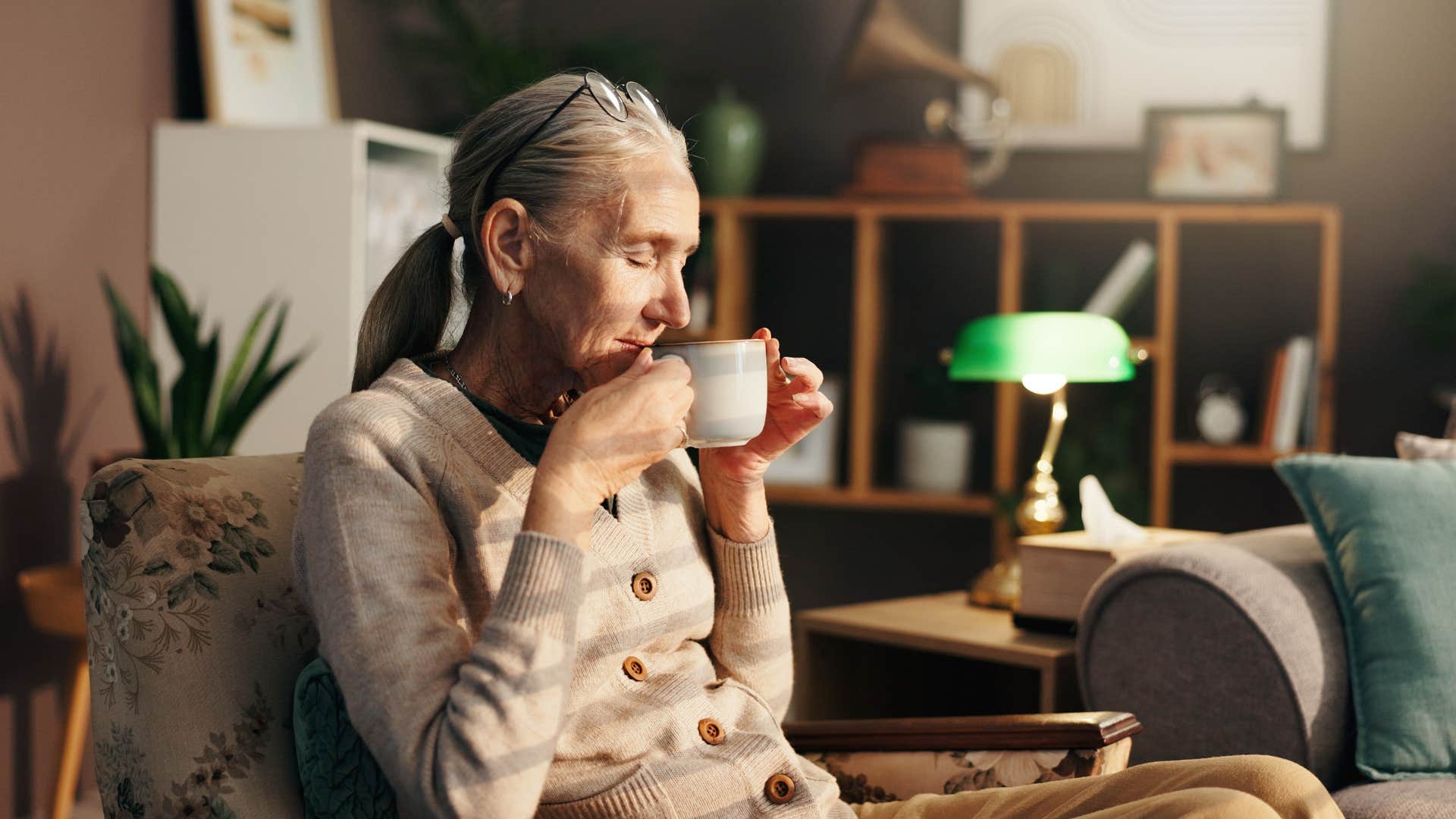 PeopleImages | Shutterstock
PeopleImages | Shutterstock
Whether it's off-brand food in the fridge or clearly secondhand furnishings, if you notice these things in someone's house, they're likely in some sort of financial distress.
Of course, they're lucky if they can afford these things, with so many low-income people being unable to furnish their homes or put food in their fridges. These things may be lower quality or less flashy than their name-brand alternatives, but at least they're there at all.
11. An aura of tension or anxiety
 fizkes | Shutterstock
fizkes | Shutterstock
Sometimes, all you need to notice when you walk into someone's home is an aura of tension or anxiety to tell you that they're struggling with money. Even though many people like to pretend that focusing on or talking about money all the time is unhealthy, low-income, struggling people don't have that luxury.
Their life revolves around what they can afford, how they're going to pay bills, and whether or not they can make ends meet at any given time. Just like a rich person's home is flooded with an aura of affluence, ease, and comfort, these living situations are plagued by a constant state of stress, fear, and anxiety.
Zayda Slabbekoorn is a senior editorial strategist with a bachelor's degree in social relations & policy and gender studies who focuses on psychology, relationships, self-help, and human interest stories.

